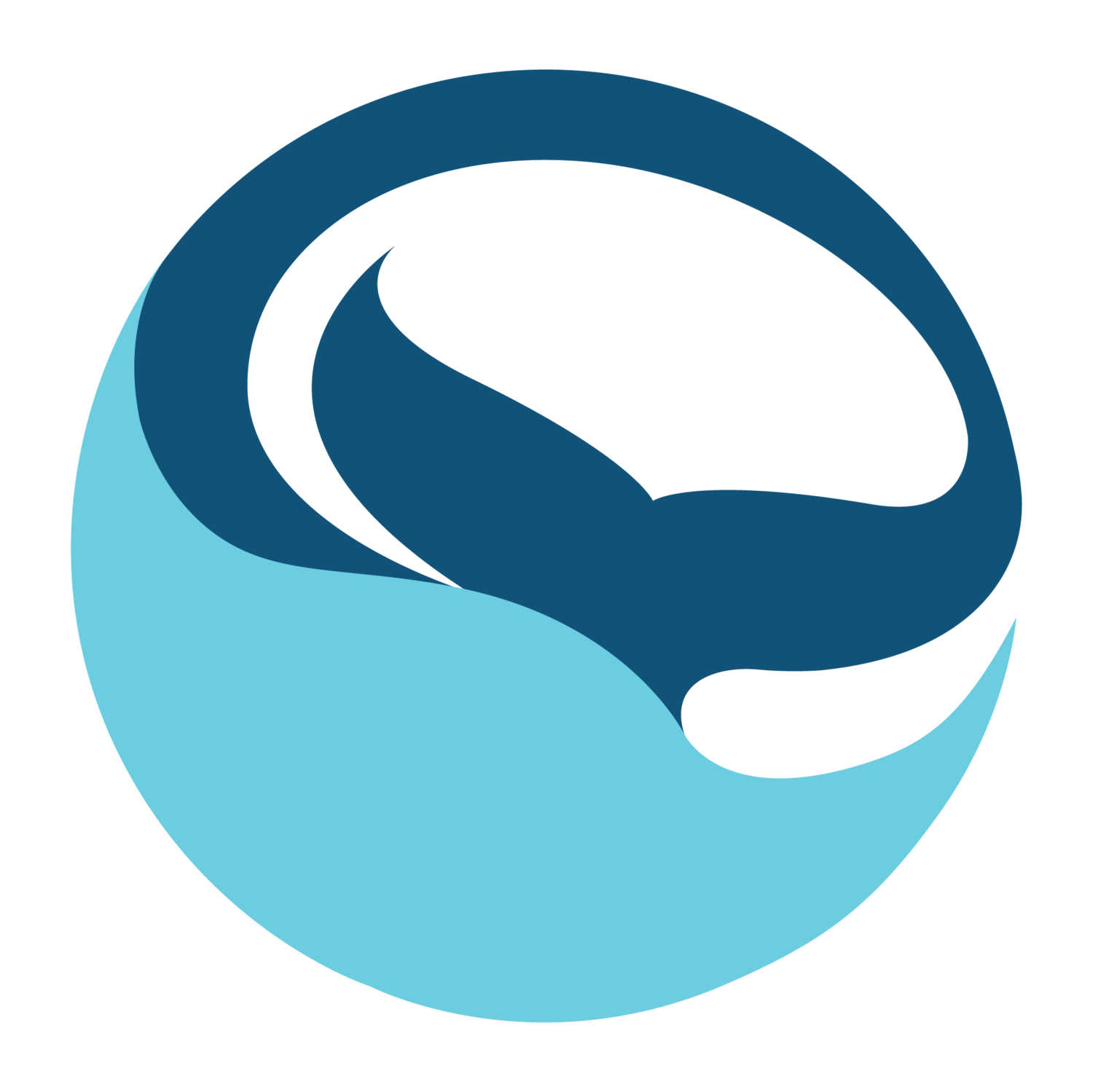We already know how to save the ocean - we just aren’t listening
All of us are connected by the sea. The ocean covers 70% of the surface area of Earth. It produces between 50 and 80% of the oxygen we breathe, and absorbs most of the heat from the atmosphere as a gracious buffer to rising temperatures and climate change. Yet, we continue to fall short on taking large-scale measures to safeguard the ocean and those who depend on it. The sea is not just ecologically and intrinsically valuable, it is revered in many cultures, critical to global food security, and a source of sustenance for billions of people.
In the past, we used to view the ocean as boundless. Humans thought that no matter what we did to it, it was so vast it would remain unchanged. Now, we understand that what we take from the sea is not limitless — it’s profoundly impactful. Around 90% of fisheries are overfished and overexploited. Approximately one garbage truck of plastic is dumped into the sea every single minute, and plastic pollution has been irreversibly integrated in our marine food web, threatening marine life and human health. Similar to the impacts of the climate emergency, depleting ocean resources will affect the most marginalized groups in the world first, making ocean conservation an undeniable environmental justice issue.
Globally, 3 billion people rely on seafood as their primary source of protein. That is nearly half the population on Earth. As fisheries and ecosystems continue to be exploited by industrial interests, it’s the coastal communities that rely on sustenance fishing for their livelihoods that bear the strongest burden. These folks are the ones unable to travel further and stay out longer to fish in the open ocean, and rely heavily on their coastal ecosystems to nourish their families and neighbors. These groups are also the strongest stewards of our oceans, revering the sea for the way it sustains them, and understanding the clear responsibility to give back to it.
Indigenous communities have properly managed their marine resources for millennia, and we have so much to learn from their stewardship. Native Hawaiians used kapu, or the restriction of fishing during certain times of the year or life stages of the species to support abundance. Similarly, French Polynesians practice rāhui, the voluntary closure or management of a resource to protect it into the future. These conservation measures are culturally unique around the world, but united by the shared recognition that we can’t continuously take from the sea without consequence. Our relationship between humans and the ocean must be reciprocal to be sustained.
Coastal and indigenous communities remain underrepresented in current conservation management discussions, despite their way of life demonstrating the exact outcome we need for our ocean. These groups carry many answers in their learned knowledge, passed down generation by generation as part of their way of life. In 2022, the stakes are too high to continue to exclude this knowledge from widespread decision-making. The systemic and perpetual inequities that ripple through the global conservation world may cost us our last chance.
It’s never been more clear: we cannot protect the lifeline of our planet without uplifting historically silenced groups, valuing their knowledge, and working together. These groups remain on the frontlines of the climate emergency, vulnerable to the most severe consequences of our inaction. As the world recognizes how dependent we are on the sea, we must also work to recognize how dependent we are on one another to effectively protect it.
This piece was written by Carissa Cabrera, founder and CEO of FutureSwell, environmental educator, project manager, consultant, and human being who lives on planet Earth, which is mostly ocean.
Resources:
Learn more about the practice of Kapu
Learn more about the practice of Rāhui

